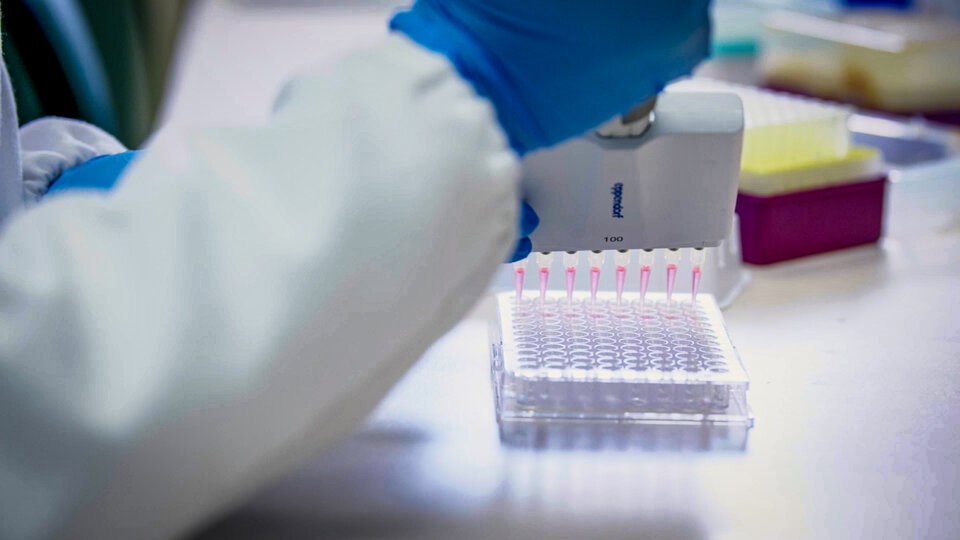Researchers at BC Children’s Hospital have discovered a new rare disease found to plague the healthy development of young brains.
The discovery, released in the scientific journal HGG Advances last month, pinpoints an overactive MARK4 gene as responsible for a rare disease found in two brothers that visit the hospital.
The gene is one of roughly 20,000 in the human body. But when it works more than it should, the researchers found it leads to delays in children’s ability to meet key developmental milestones, like sitting up and walking, and makes it hard to keep up with peers once they have reached school age.
Both brothers face intellectual disabilities and one experiences seizures, said Dr. Stuart Turvey, who leads the Precision Health Initiative at BC Children’s Hospital.
“Living with seizures is serious,” said Turvey, the supervising author on the research.
Turvey said his team used new technology to sort through the thousands of genes that make up the human genome and identify which one was causing the disease. Next, they grew the MARK4 gene in a lab to understand how the overacting gene behaves.
The pediatrician said it’s just one example of how his team is trying to shed light on the thousands of “rare diseases” that together affect one in 25 children born in B.C. At BC Children’s Hospital, Turvey said the number of admitted patients with a rare disease climbs to one in three or four children.
“We’re talking sort of many thousands of individual diseases,” said Turvey. “And some can be very severe, life threatening or even fatal early in life, but others can be something that can be managed or treated better.”
He added: “With the diagnosis, everything changes. There’s a path forward. We know what problems might be coming and we can avoid them. If they have another child, we can tell them the risk that child has.”
While the scope of unknown genetic diseases is huge, the doctor says trying to find the responsible genes has been made much easier as advances in technology, including machine learning, speed up the process by sifting through large amounts of data.
Turvey, whose research group launched in 2023, says that after reporting their work in international literature, affected children around the world can now be recognized and diagnosed with this condition. Over the long-term, his research group aims to boost successful rare diseases diagnoses by a quarter, to 75 per cent from the current 50 per cent.
In some cases, that might even open up options for treatment, Turvey said.
“It accelerates discovery globally,” Turvey said. “We end what we call the diagnostic odyssey, this journey of test after painful test, trying to find an answer.”




